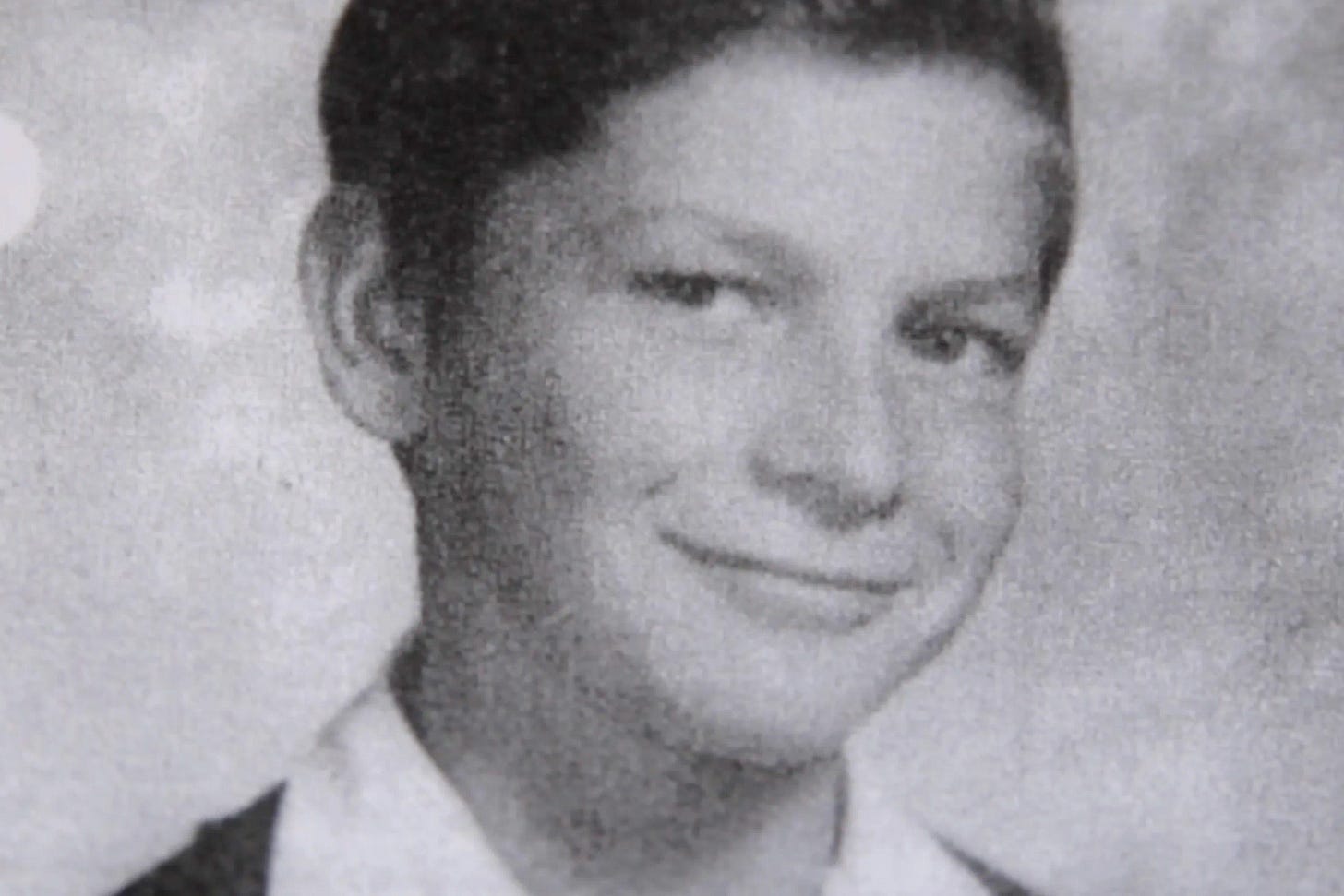Kamala Harris Refused to Assist Victims of Catholic Church Child Sexual Abuse
The San Francisco District Attorney's office was preparing to share files to prosecute clergy sex abuses. Then, Kamala Harris won an election and reversed course.
A brief note to readers:
I am republishing this original investigation I wrote five years ago. Given the recent news speculation about President Joe Biden potentially stepping down or withdrawing from his reelection campaign, more scrutiny of Kamala Harris’s record seems appropriate. The mini-documentary video below was produced by our friend Leighton Woodhouse. Since publishing this story, several states, including Illinois, Colorado and Michigan, have released clergy sexual abuse reports.
-Lee
KAMALA HARRIS, SURROUNDED by thousands of cheering supporters, kicked off her presidential campaign in Oakland in 2019, declaring that she has always fought “on behalf of survivors of sexual assault, a fight not just against predators but a fight against silence and stigma.”
Fighting on behalf of victims of sexual abuse, particularly children, has been central to Harris’s political identity for the better part of three decades. Harris specialized in prosecuting sex crimes and child exploitation as a young prosecutor just out of law school. She later touted her record on child sexual abuse cases and prosecuting pedophiles in television advertisements, splashy profiles, and on the trail as she campaigned for public office.
But when it came to taking on the Catholic Church, survivors of clergy sexual abuse say that Harris turned a blind eye, refusing to take action against clergy members accused of sexually abusing children when it meant confronting one of the city’s most powerful political institutions.
When Harris became San Francisco district attorney in 2004, she took over an office that had been working closely with survivors of sexual abuse to pursue cases against the Catholic Church. The office and the survivors were in the middle of a legal battle to hold predatory priests accountable, and Harris inherited a collection of personnel files involving allegations of sexual abuse by priests and employees of the San Francisco Archdiocese, which oversees church operations in San Francisco, and Marin and San Mateo counties.
The files had been compiled by investigators working under the direction of Terence Hallinan, the radical district attorney who Harris ousted in a contentious election campaign. Hallinan’s team had prosecuted cases of abuse that had occurred decades earlier and had gathered evidence as part of a probe into widespread clergy sexual misconduct.
Just six months before Harris took office, a U.S. Supreme Court decision overturned a California law that had retroactively eliminated the statute of limitations for criminal prosecution of child molestation cases. That shifted the focus to holding predators among the clergy accountable through civil cases and through a broader effort to bring attention to predators who had been shielded by the church.
Hallinan believed that the clergy abuse files were a matter of public record; Harris refused to release them to the public.
In her seven years as district attorney, Harris’s office did not proactively assist in civil cases against clergy sex abuse and refused requests by activists and survivors to access the cache of investigative files that could have helped them secure justice, according to several victims of clergy sex abuse living in California who I spoke with.
“It went from Terence Hallinan going hundred miles an hour, full speed ahead, after the Catholic Church to Kamala Harris doing absolutely nothing and taking it backwards hundred miles an hour,” said Joey Piscitelli, a sexual assault survivor, who a jury found had been molested as a student while attending Salesian College Preparatory, a Catholic high school in Richmond, California.
Piscitelli had met with Hallinan’s office to discuss his case and the ongoing investigation into the church. But, he said, when Harris took over, his access to the office was shut off and his requests for clergy abuse files were ignored. Piscitelli resorted to handing out flyers and picketing outside the district attorney’s office on San Francisco’s McAllister Street.
Dominic De Lucca, a Burlingame, California, resident who says he was raped by a local priest when he was 12 years old, also said he was shocked that Harris declined to aggressively pursue clergy abuse cases and refused to release the files. “I remember Kamala Harris,” said De Lucca. “She didn’t want to have any meetings.” He went on, “She wanted the public to think this is an issue that happened years ago, that it doesn’t happen anymore. Let’s just move on.”
Terence McAteer, a resident of Nevada City, California, says he was raped as a child by Austin Peter Keegan, an infamous San Francisco priest. McAteer said he sees no value in Harris’s decision to conceal the clergy abuse files, which had been used to indict his abuser but remain secret to this day. “Why not tell the story?” said McAteer. “I have no problem with my file being released. I don’t have any great secrets. It’s already in the newspaper. I think the whole cloak of secrecy with the Catholic Church needs to be exposed.”
Kevin V. Ryan, the former U.S. Attorney for Northern California who worked with Hallinan’s office on the clergy abuse cases, also agreed that the files should be disclosed. “Credible allegations in my opinion should be released,” said Ryan. “I think they should be made public and I think it’s necessary not only for accountability but for the healing process to begin.”
Several survivors of clergy abuse said they believed that Harris had declined to release the files in deference to the Catholic Church, which has historically held sway as a major political force in San Francisco.
“The Roman Catholic Church is very powerful and I think they didn’t want to step on any toes, especially in San Francisco,” said De Lucca, citing the influence of former Archbishop William Levada, who oversaw the archdiocese when Harris was district attorney.



